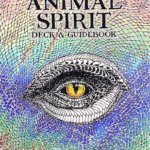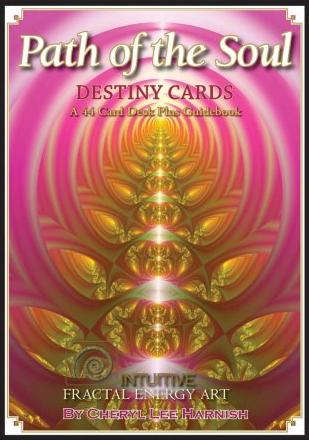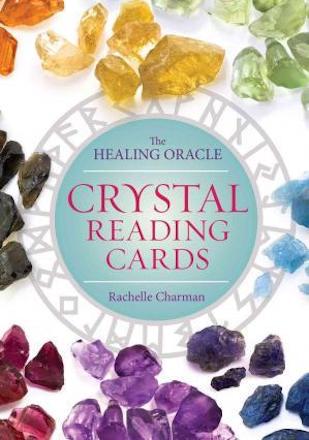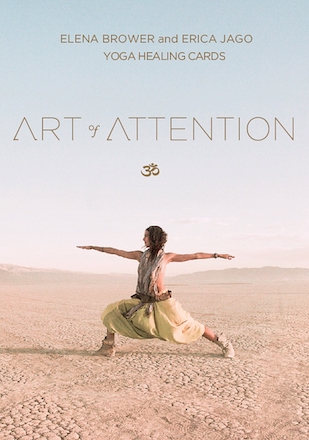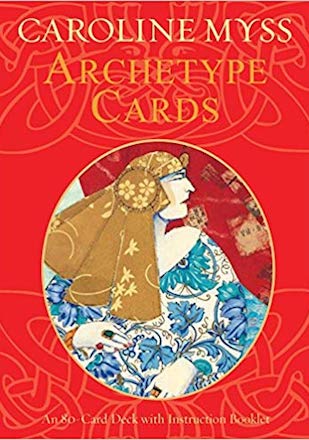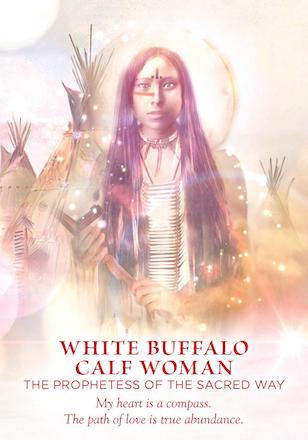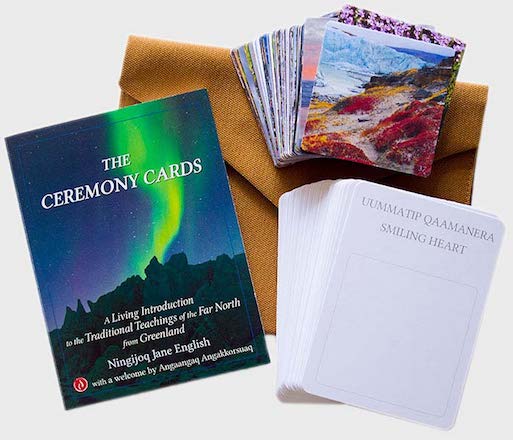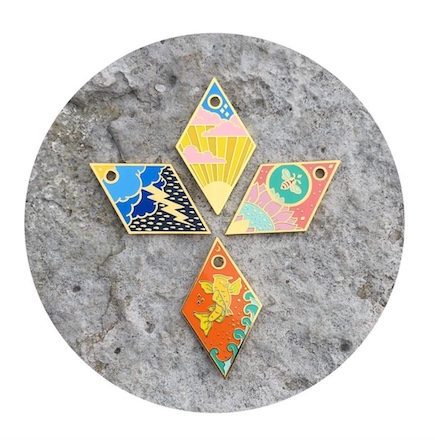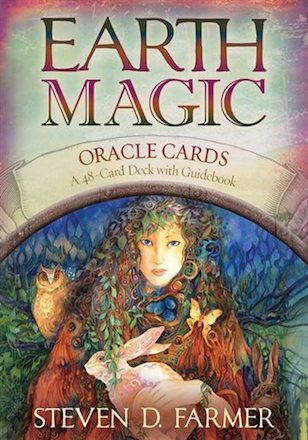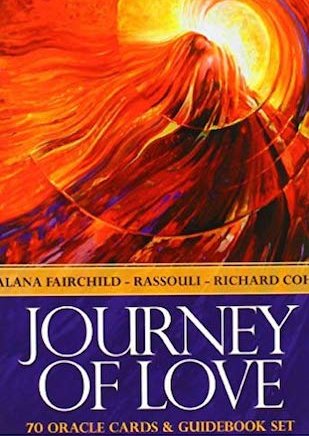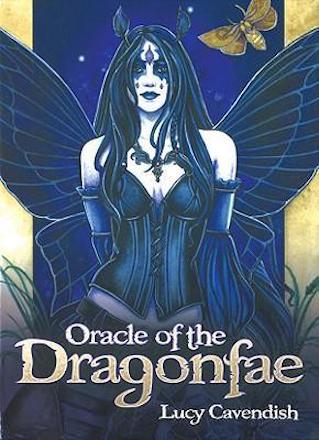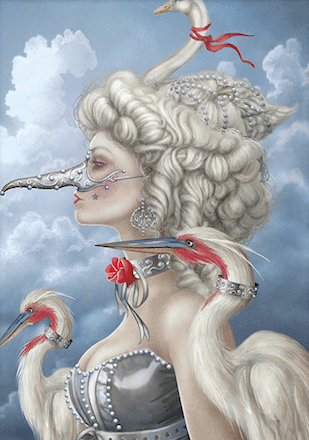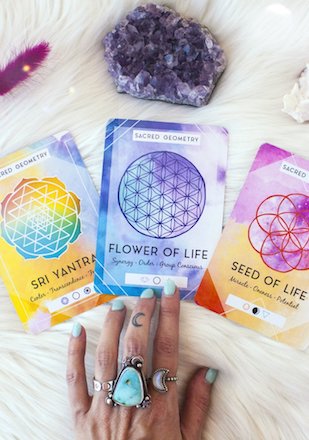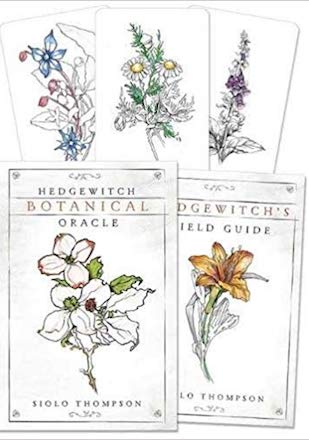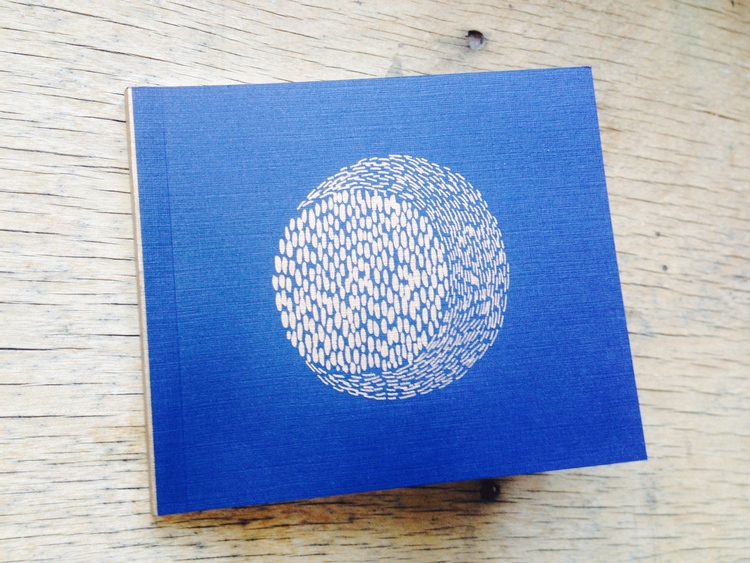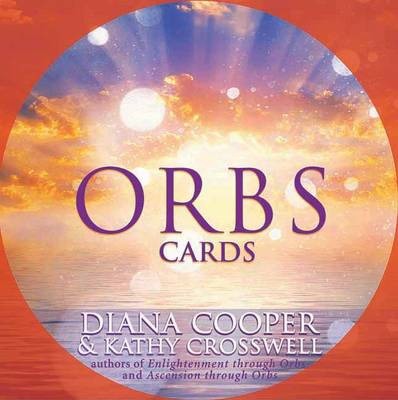Do you have a set (or ten plus sets) of oracle cards? If not, you’re in for a treat.
What are they, you ask?
An oracle is someone who gives counsel and perhaps precognitive advice. Oracle comes from the Latin word ōrāre which means “to speak”. From ancient Greece, we have the oracles Pythia, Dodona, and the Sibyls. In China we have Shang Dynasty’s bone oracles and the I Ching which we continue exploring to this day, using yarrow stalks or coins. We also have oracles in the Sanskrit epics Mahabharata and Ramayana, the greatest tales. Oracle in this sense act as mouthpieces of the gods and may lean towards divination. The Cambridge Dictionary however also defines an oracle as someone who knows a lot about a subject and can give good advice.
I’m putting it out there that you are the true oracle. You. Cards are a wonderful, fun, and engaging way to ignite, invite, and reflect your inner wisdom.
So which oracle cards to choose? Because we are all different, dreamers and makers continue to reflect their experiences and expressions in hundreds of oracle card decks. Tarot-based. Angel cards. Shamanic. Animals. Crystals. Runes. Faery. Past Life. Love. There’s a deck out there for everyone.
How to Choose Your Oracle Cards
It’s up to you – what do you resonate with and gravitate to? Some people love all things faery. Some people love communicating with animals and animal guides. Working with oracle and inspiration cards is all about trusting yourself and choosing your deck(s) is the first step on this journey with them.
Yes, these cards offer amazingly spot-on wisdom and #truthbombs. It’s not all serious and having fun with them is sometimes forgotten and can never be overstated. Oracle and inspiration cards are a tool – use them in your daily life, on special occasions. They are not however a substitute to make every decision by. Any kind of dependence and addiction contradict their real value. They connect you to your subconscious, provide inspiration, remind us of what’s temporarily forgotten, and reveal the hidden.
Ways of Using Oracle Cards
- Draw a card in the morning for the day. You can journal about this card or see how your day unfolds. You can practice surrendering by following the card for guidance.
- Do a three-card reading. This spread can cover a vast number of combinations. Past, present, future. Mind, body, spirit. Challenge, source, resolution. You, another person, nature of relationship. Option 1, Option 2, Option 3. Today’s theme, blessings, lessons. Or you can simply create a story with the three cards as an allegory for yourself or someone else.
- Leave cards in random places. I include Danielle Laporte’s Truth Bombs with presents and for workshop participants. Emma Watson may be the Book Fairy – you can be the Oracle Fairy.
- Pick a card and use it an a mantra for a meditation or for the day. Perhaps it’s your week or month’s affirmation.
- Use a card as a bookmark for inspiration and to subconsciously open yourself up to seeing more connections and synchronicity.
- Combine different decks and draw cards from each of them. I find this gives additional and interesting dimensions.
- Start your class or workshop with everyone picking a card, as a message.
- Frame them as art, as your motto, as your mission.
Crystals each have their own energy personality, and that energy reflects back my own innate wisdom from within. A deck is great since it can be used to access a wide variety of crystal wisdom, opening more facets of my inner self. – Jennifer Salness, Crystalline Light
Steven Farmer’s Earth Magic cards are beautiful in their relatability and clarity. Each of us can find a way to connect in with the theme of each card that reflects and aspect of nature.
Alana Fairchild’s Journey of Love cards are poetic and evocative with the carefully crafted messages and gorgeous imagery of each card. In their abstraction, they allow the cards to speak to the unique experience of what each person is inquiring into.
– Diana, The Elemental Practice
Disclaimer: What Therapy is an affiliate of several businesses, including Book Depository and Danielle LaPorte. Some of the links in this article are affiliate links. What Therapy earns a commission from your purchases through these links.


